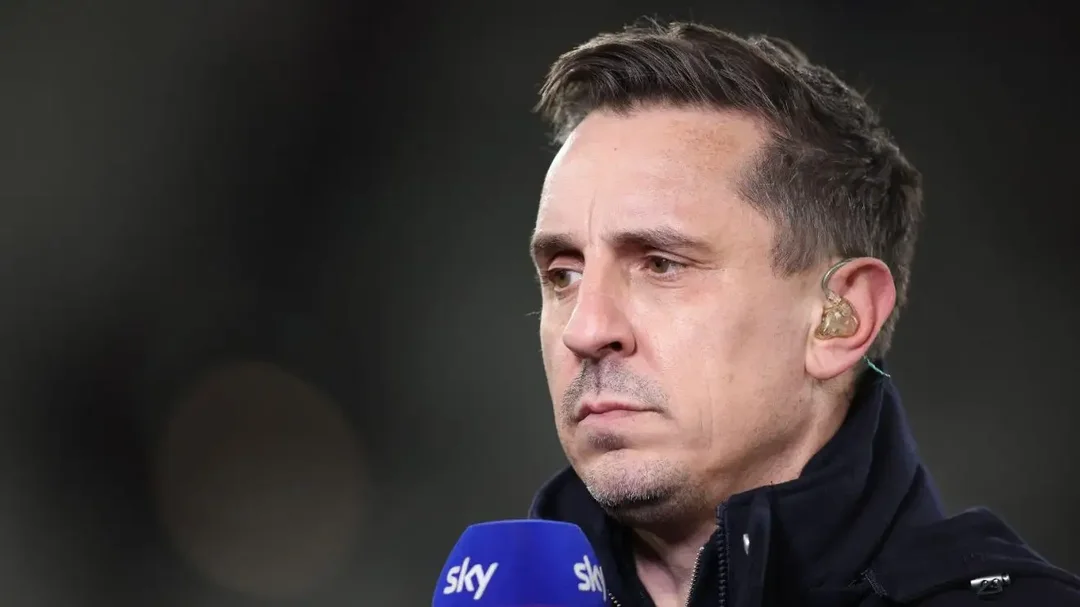
Is the Debate Over? Gary Neville Takes on AI to Define England’s Biggest Club
The rivalry between Liverpool and Manchester United has reached fever pitch in recent weeks, particularly following Liverpool's landmark achievement of clinching their 20th English league title. With both clubs now boasting equal honours, the question arises: who truly is England's biggest football club?
In a recent revelation, football legend Gary Neville took the unusual step of consulting artificial intelligence for an answer. This quirky approach could provide insights, but does it really settle the age-old debate? The complexities of football loyalty, history, and current performance complicate matters far beyond simple statistics.

Historically, the two clubs have shared a fierce rivalry, with Liverpool's dominant era peaking between the 1970s and 1990s, where they amassed 11 league titles before the Premier League's inception in 1992. On the other hand, Manchester United surged in the 1990s and 2000s, particularly under the management of Sir Alex Ferguson, who famously stated that his greatest challenge was "knocking Liverpool off their perch."
As Liverpool secured their 20th title with a decisive 5-1 demolition of Tottenham Hotspur, the debate intensified. In a candid moment on his popular podcast, "It's Called Soccer," Neville admitted to asking ChatGPT for its view on this contentious subject. The AI's response seemed straightforward; as of now, United hold the title of the biggest club, largely due to their global reach and commercial success.
However, Neville's analysis reveals deeper concerns for United supporters. Despite having an illustrious history, the current state of the club paints a different picture, with United languishing in a lacklustre 14th position in the Premier League, while Liverpool continue to thrive under manager Arne Slot. "The painful thing to say is the debate is over for a period until United become successful again and win leagues," Neville lamented, highlighting a growing disparity.
As both clubs have experienced monumental highs and disheartening lows, one thing remains clear: the dynamics of football are ever-evolving. Each trophy, each win not only contributes to a club's history but also to its identity and place in football culture. Liverpool's resurgence raises questions about whether the once-indomitable position of Manchester United is in decline or if they can still reclaim their status.
In the tumultuous world of football, success is cyclical. As we continue to weigh the merits of trophies against global fan engagement, the conclusion remains elusive. Could this debate ever be reasonably settled? With both clubs now scrapping for supremacy on various fronts, fans are left wondering what the future holds.

As the dust settles over Liverpool's recent triumph, what does the future hold for Manchester United? Can they bridge the gap, or is their time of domination truly over? What do you think? We encourage readers to share their views and join the conversation.